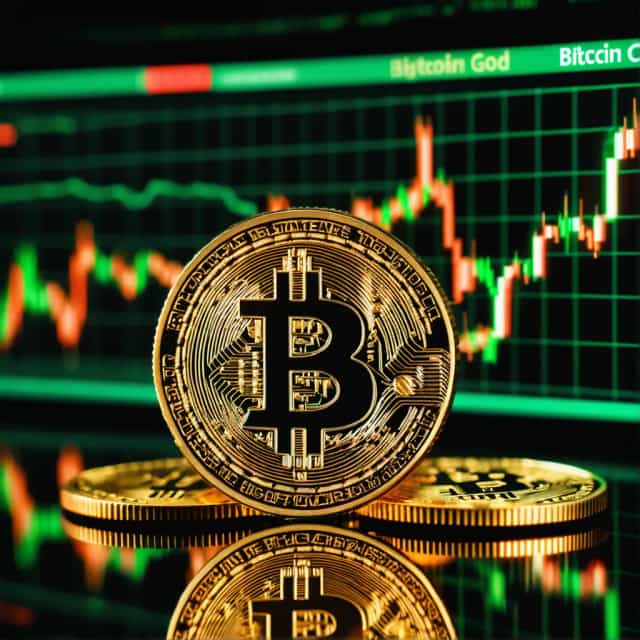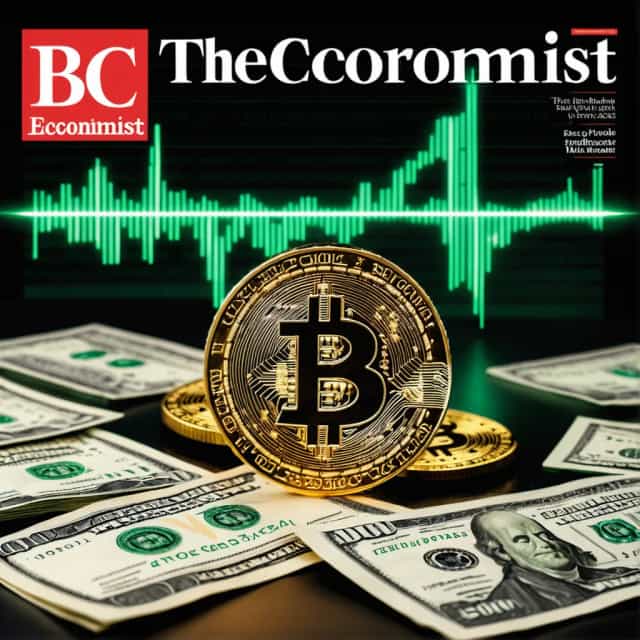
출처: Block Media
Ray Dalio's Stark Warning: U.S. Debt Crisis Reaches “Dangerous Inflection Point”
Prominent investor and economic strategist Ray Dalio has issued a grave warning regarding the mounting U.S. debt crisis, describing it as a “very dangerous inflection point” for the American economy. Speaking on October 6 via X (formerly Twitter), Dalio exposed the growing vulnerabilities tied to unsustainable fiscal policies and their profound long-term consequences. His analysis underscores the gravity of the economic trajectory, highlighting worsening imbalances and the mounting risks they pose.
U.S. Spending: A Decades-Long Spiral
According to Dalio, the U.S. government is currently overspending by approximately 40% more than it earns—a systemic issue that has persisted for decades. The relentless accumulation of debt is eroding the nation's purchasing power, dragging the economy closer to what he describes as a potential "heart attack" scenario. "We’re advancing further along an unsustainable path," Dalio cautioned, warning that this fiscal mismanagement jeopardizes the economic health of the country.
Debt vs. Demand: A Growing Imbalance
One of Dalio's core concerns revolves around the widening gap between the U.S. Treasury's massive issuance of debt and the limited market demand for such securities. This imbalance creates significant vulnerabilities, which could lead to heightened instability within financial markets.
“The size of debt issuance versus the available demand for it creates vulnerabilities that could shake the markets,” Dalio highlighted. In a blunt post shared on X, he elaborated, “The U.S. debt situation has reached a very dangerous inflection point. Simply put, we are spending far beyond our means. Debt service payments accumulated over decades are beginning to choke consumer purchasing power.”
Inefficient Debt Allocation: The Hidden Threat
Another critical issue identified by Dalio is the mismanagement and misallocation of debt within the U.S. economy. Rather than being funneled into productive, future-focused investments such as infrastructure development or technological innovation, the majority of current U.S. debt is being allocated to maintaining government operations and consumption. Dalio described this approach as highly unsustainable, warning, “Debt is flowing into consumption rather than production.”
This inefficiency, according to Dalio, exacerbates the risks tied to the country’s debt overload. Historically, excessive debt accumulation often culminates in deleveraging cycles—periods of significant economic downturns characterized by shrinking liquidity and reduced credit availability. Dalio has consistently advised investors to consider value-preserving assets like gold and Bitcoin (BTC) to shield their portfolios against such risks.
Rising Bond Yields, Declining Demand: A Ticking Time Bomb
Dalio’s warnings come as bond yields in the U.S. are climbing, signaling increased borrowing costs. Simultaneously, demand for U.S. Treasury bonds has been declining, compounding worries about the sustainability of government borrowing. As borrowing becomes more expensive and investor appetite for Treasury securities diminishes, pressure on the fiscal system intensifies.
This convergence of rising yields and slowing demand reflects troubling short- and long-term trends that could destabilize both domestic and global markets. According to Dalio, these developments underscore the urgency of addressing the fiscal policy gap and adopting a sustainable economic strategy.
Implications for Global Economic Stability
Dalio's stark analysis has added critical weight to an already intense discussion surrounding the future of global economic stability. Public debt trends in the U.S. serve not just as a national concern but as a key indicator for broader financial ecosystems worldwide. Their implications ripple across markets, shaping everything from interest rates to capital flows.
As these challenges mount, experts like Dalio continue to emphasize the importance of monitoring debt management strategies. Investors and policymakers alike must reckon with the precarious state of the U.S. economy and implement measures to avert potentially catastrophic consequences.
For the latest updates and detailed analysis on economic developments, stay connected with Block Media on Telegram.










